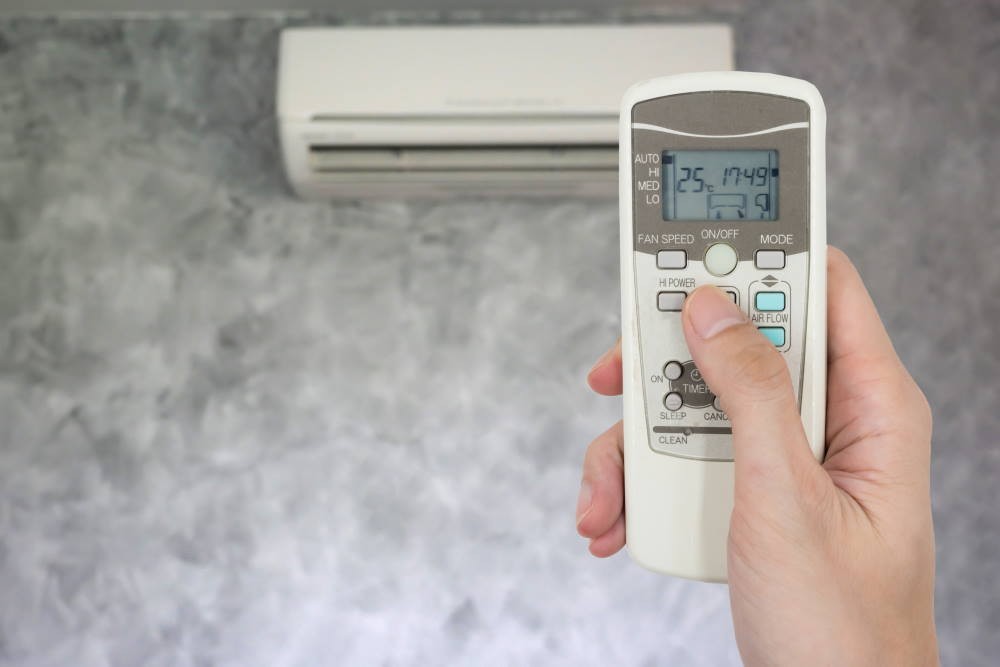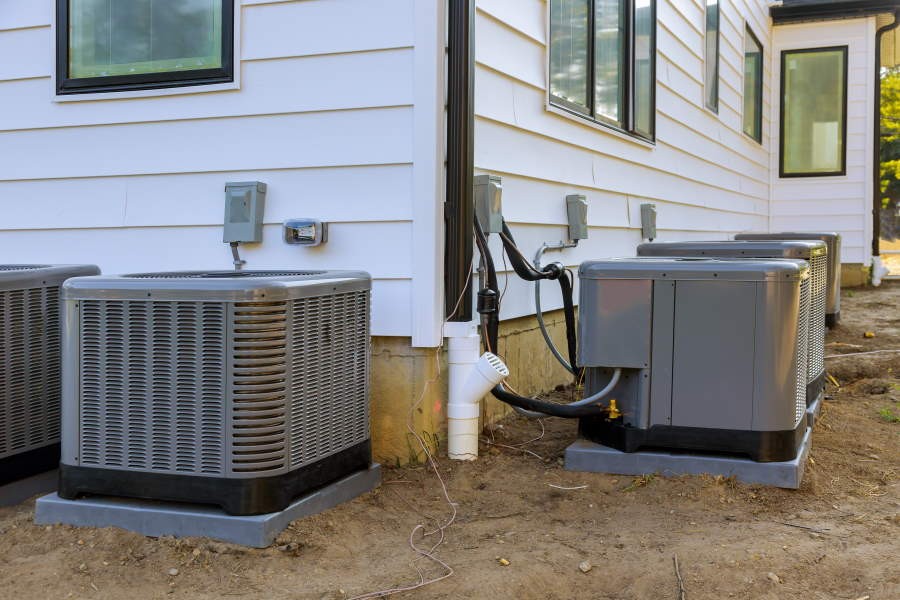How to Choose and Install the Right Air Conditioning System
- Air Conditioning
-
Jul 06
- Share post

Air conditioning can be a major investment. The right system will save you money and keep your home comfortable year-round. However, choosing the right air conditioning system can feel like deciphering an alien language, with different terms, models, and features all vying for your attention.
Read on to learn more about how different conditions—from size and location to accessibility and maintenance requirements—will impact your decision. Once you know what factors are important, it will be easier to find the perfect AC system for your needs.
Decide What You Need In An Air Conditioning Unit
Before you buy an air conditioning system, you’ll need to decide what’s most important to you. If you have a central location, a large family, or a lot of outdoor activities, choosing a central system with a high output might be the best option. If you have a smaller space and want to avoid having the house stay too cool or warm, a higher-efficiency system might be a better fit. Of course, these two requirements are very different: central air might keep the house at a more comfortable temperature, but it won’t allow you to use fans to cool off at the pool or keep your house cool during the summer. Moreover, some factors will impact which type of system is best for you, including the area you live in, if you have pets, and even if you have awnings on your windows. These will all affect the amount of cooling you need and how you can use the system to its full potential.

Size Matters
When you’re shopping for an air conditioning system, the size of the unit will be one of the first factors you’ll consider. A larger unit might be able to cool down a larger area, but it will also use more energy to do so. Conversely, a unit too small to properly cool a large area will work overtime trying to keep up.
The rule of thumb is 5% or 10% larger than your area will allow you to cool. A 3,000 Btu/h (per hour) system can cool a 2,500 square foot room, while a 5,000 Btu/h system could potentially cool a 4,000 square foot room. Of course, the size of the area will also impact which type of system you need. A central system is generally larger than an outdoor unit and will be able to cover a larger area, but it will be less powerful and more difficult to install.
Location, Location, Location
Once you’ve determined the size of the unit and chosen the area you want to cool, you’ll need to consider where to put it. Some factors to consider are nearby windows for ventilation, shade from trees and other obstructions, and how the system will impact your home’s orientation. If you live in an apartment, you might also want to consider an air conditioner that is inconspicuous enough to be installed without notice by your building’s management. If you can put the cooling system in a central area or at the opposite end of a wall from windows, it will have a much easier time keeping the space cool. Even if the air conditioner is in a shady or hard-to-access place, the fact that it’s in one location will make it easier to use.
Accessibility and Safety
Many times, cooling your home becomes a necessity during the summer months. In this case, you’ll need to make sure that the cooling unit will not present a safety hazard in your home. If the air conditioner is in a central location, it will be more difficult to be reached by people who are walking or rolling around in a wheelchair. Air conditioners are generally heavier than window units, so adding one to an uneven floor might make an uneven floor even more uneven. In this situation, you might want to install the unit on a wall or on a raised surface to make it safer to access. When choosing a location for an air conditioner, make sure that the unit will not present a safety hazard.
Air Conditioning System Features
Once you’ve put the size of the unit and the location of the system together, you can begin to consider the features of the air conditioner. These include energy efficiency and other factors that you might want to look for in order to meet your energy needs while doing so with minimal impact. Depending on the unit you choose, you might be able to control the temperature with a remote control or with a smartphone app. Some units might come with an easy-to-use automatic program that will keep your home at a comfortable temperature, saving you the hassle of adjusting the thermostat. Some units might also include automatic sensors, such as room sensors or window sensors, that will help you save energy by keeping the room cooler when you want it to be.
Warranty and Maintenance Requirements
Another thing to consider when choosing an air conditioning system is what type of warranty is included on the unit. A warranty is a promise by the manufacturer that the unit will work for a set period of time, usually for one year. If the unit breaks during that period, the warranty guarantees that you will be able to get it repaired or replaced. Many manufacturers offer a one-year warranty on their units, but some will offer longer warranties. If a long warranty is offered, it’s a good indication that the manufacturer is confident in the product. There are other factors to consider, too, that might impact your need for maintenance and repairs, like how often you use the system and where it is located. If you want to extend the life of your system, you might want to choose a model with fewer parts or a smaller unit that doesn’t need as much maintenance.
Finishing Touches
After you’ve chosen the conditioner, the next step will be to determine the best place to put it. If you’re installing the system yourself, make sure that the room has adequate ventilation, above-floor clearance, and insulation. If you’re hiring a contractor or if you live in a particularly tight space, you might be better off putting the system in storage until you can install it. Decide where you want the unit to be installed and make sure that the area has adequate ventilation, above-floor clearance, and insulation. If the room has adequate ventilation and has a floor that is not too uneven, you can try to pad the floor to make it more even.
Conclusion
It’s important to remember that air conditioning can be a major investment, so you’ll want to choose the system that’s right for your needs. Figuring out the factors that will affect your choice will make it easier for you to choose the best system for your home. Now that you know more about how to choose the right air conditioning system, get started on the process by shopping for the perfect system for your home.
If you’re on the Gold Coast them you should talk to air conditioning installation specialists, Air Conditioning Installation And Service. They do the lot in-house, being the sibling company of South East Electrical, air conditioning installation experts themselves. They’re also electricians which means they can do all element of the installation themselves.
